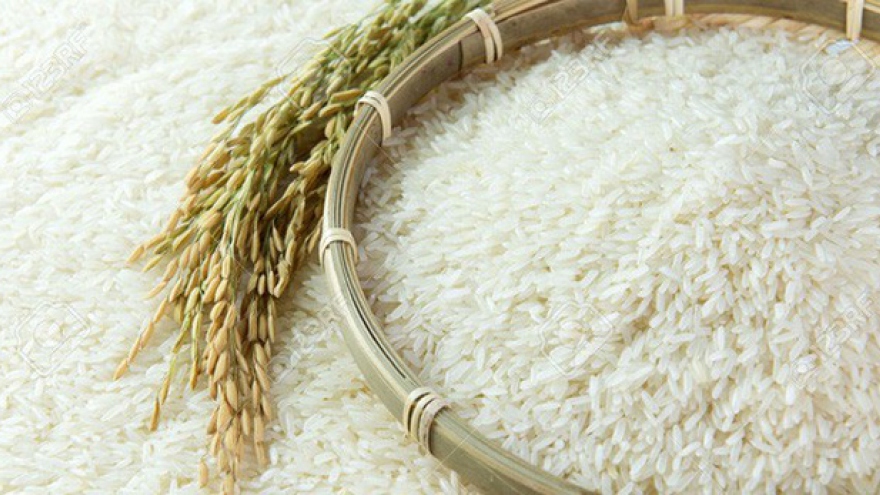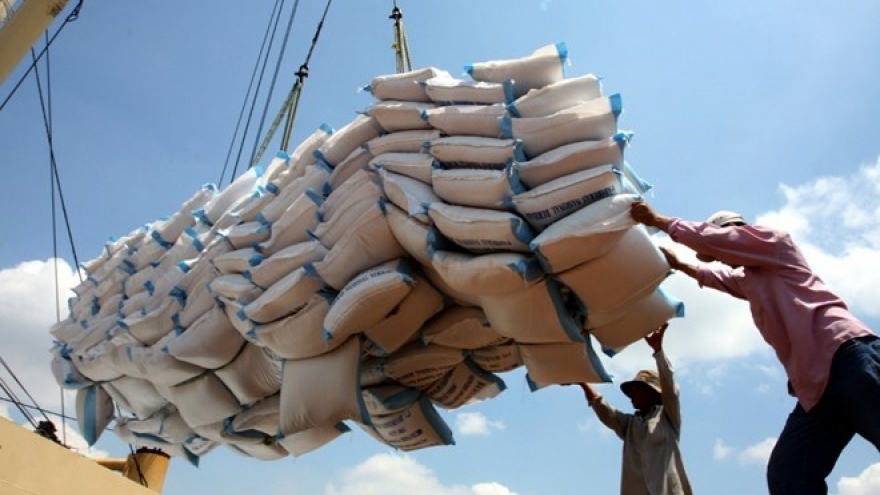Can Tho to have more firms to export rice to China
The Mekong Delta city of Can Tho will further support local businesses to increase the number of firms eligible to export rice to China, whose demand for the grain is still growing.
 |
|
The working session between Can Tho leaders and a delegation from the Chinese food association on August 8 (Photo: VNA)
|
Wang Zhi Xi, Chairman of a food company based in Dongguan city of Guangdong province, said the rice demand in China is very big and tends to be on the rise. Sales at his business could reach up to 800 tonnes per day, or 300,000 tonnes per year.
The market is also shifting from cheap to high-quality and organic rice. Therefore, through local leaders, he hopes to seek suitable suppliers in the Mekong Delta.
Dao Viet Anh, Commercial Counsellor of the Vietnamese Embassy in China, said trade between the two countries has been developing in recent years, reaching US$121.3 billion in 2017, up 23.4% year on year. China is the biggest trade partner of Vietnam, which also respectively ranks first and eighth among ASEAN and global trade partners of China.
China imported 3.99 million tonnes of rice in 2017, up 12.96% from the previous year. That included 2.26 million tonnes from Vietnamese, making up 56.72% of China’s total import volume. In the first half of this year, it purchased 1.78 million tonnes of the grain and cereal, including 850,000 tonnes of rice from Vietnam.
However, Vietnam’s rice export to its neighbor is forecast to encounter difficulties in maintaining the growth trend seen in the past years, Anh noted, attributing the problem to China’s hike of rice import tariff since July 1, 2018, and fierce competition from other exporters.
Director Toai said at present, Can Tho has only four businesses eligible and licensed to directly ship rice to China. To increase the number of those companies, local authorities will help them professionalise the production process to ensure export rice will meet the two countries’ standards.
Local enterprises will also be assisted to seek partners through trade promotion and business-to-business events and build and register rice trademarks in China, he added.



